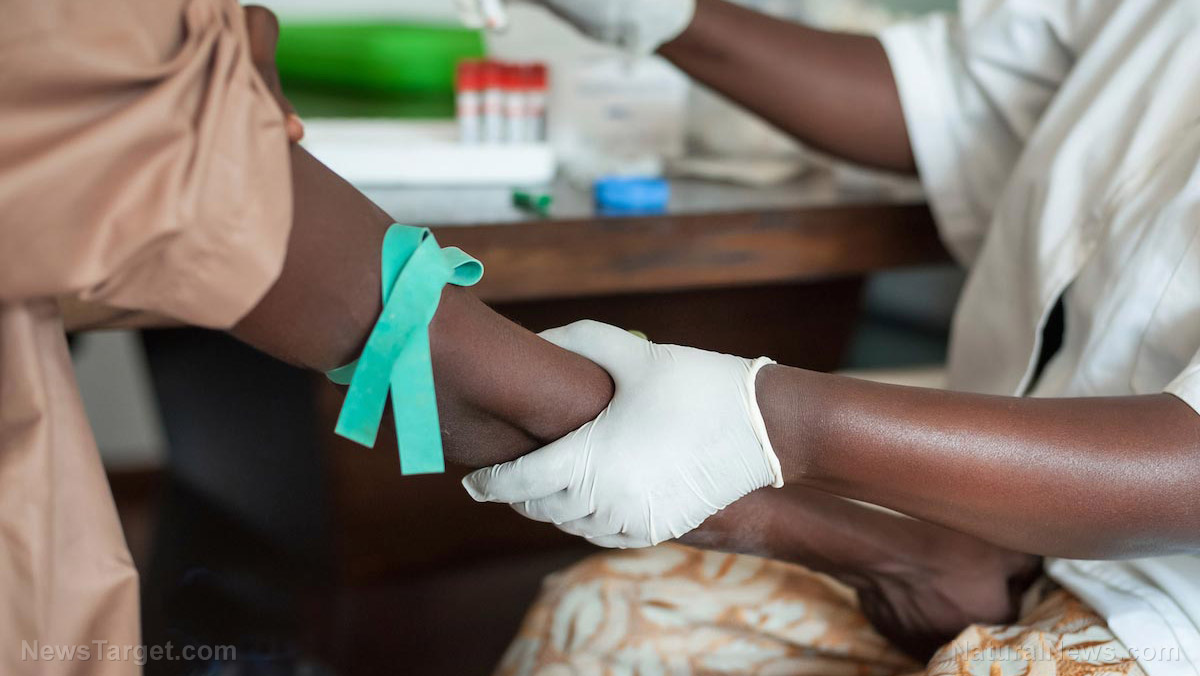Bayer forced to compensate women damaged by harmful birth control device in $1.6 billion settlement
08/28/2020 / By Ethan Huff

German pharmaceutical giant Bayer is having to pay up $1.6 billion in compensation to at least 35,000 women who were injured by a birth control device it developed known as Essure.
According to reports, the long-term birth control device, which is inserted into women’s bodies as a form of “Permanent Birth Control,” injured or killed many of the women who received it, as well as killed unborn children still in the womb.
In a press release, Bayer indicated that “it has reached agreements with plaintiff law firms to resolve approximately 90 percent of the nearly 39,000 total filed and unfiled U.S. Essure™ claims involving women who allege device-related injuries.”
As explained by Women’s Healthcare Associates, a pro-contraception gynecology practice based out of Houston, Essure “consists of two small coils that are placed into the openings of the fallopian tubes via the vagina.”
“The body then builds a barrier around the coils that block the fallopian tubes so sperm cannot enter,” the group goes on to explain.
The Catholic News Agency has reported that at least one woman was killed by Essure after her reproductive organs developed necrosis. The device has also been blamed for at least 300 fetal deaths and stillbirths.
“In some instances, women were required to have emergency hysterectomies after the devices broke and migrated throughout their bodies,” the agency further reported.
“Others suffered extreme allergic reactions to the metals in the device, developed headaches and mood disorders, and some even experienced ectopic pregnancies.”
Bayer still wins because the settlement is contingent upon the company not admitting to any “wrongdoing or liability”
The Bayer press release makes clear that claimants on the receiving end of the settlement agreement “will be required to dismiss their cases or not file.” Along with this, Bayer is emphasizing that it is not admitting to any “wrongdoing or liability,” even though nearly 40,000 people are claiming injuries or death from its Essure device.
Essure was discontinued at the end of 2018, reports indicate, though supposedly not because the device was hurting anyone. According to the same company that has been relieved of all responsibility from the damaging impact of glyphosate, it was a “voluntary business decision” that had no basis in any “changes” to the “safety profile or effectiveness of Essure.”
The U.S. Food and Drug Administration (FDA), meanwhile, was nowhere to be found in pulling the dangerous device before it could harm any more women. The agency instead ordered a postmarked surveillance study to be conducted, the results of which were published nearly two years later, back in July.
Nearly 10 percent of those participants who were involved in this study experienced “events of chronic lower abdominal and / or pelvic pain,” it turns out. More than 16 percent reported “events of abnormal uterine bleeding,” while a shocking 25 percent experienced “events of allergic / hypersensitivity type reactions.”
Despite these findings, the FDA “continues to recommend that women who have been using Essure successfully to prevent pregnancy can and should continue to do so,” meaning Bayer has effectively won, in this case, having to pay out a meager $1.6 billion from the many more billions it has been raking in from the sale of Essure.
According to Bayer, the settlement “resolves virtually all of the U.S. Essure … litigation,” and now the company can focus on what it describes as “its commitment to women’s health.”
“Bayer sympathizes with all women who have experienced adverse health conditions, regardless of the cause, but the company continues to stand by the science supporting the safety and efficacy of Essure,” the company went on to state, pretending to care about women’s health.
For more related news about the dangers and ineffectiveness of many Big Pharma products, be sure to check out BigPharma.Fetch.news.
Sources for this article include:
Submit a correction >>
Tagged Under:
Bayer, birth control device, essure, harm, injuries, settlement, women's health
This article may contain statements that reflect the opinion of the author
RECENT NEWS & ARTICLES
PrescriptionWarning.com is a fact-based public education website published by Prescription Warning Features, LLC.
All content copyright © 2018 by Prescription Warning Features, LLC.
Contact Us with Tips or Corrections
All trademarks, registered trademarks and servicemarks mentioned on this site are the property of their respective owners.



















